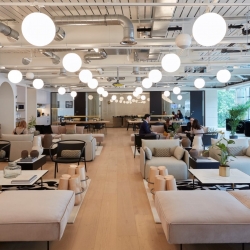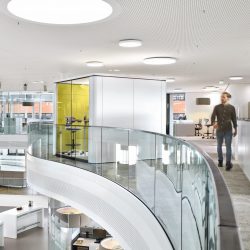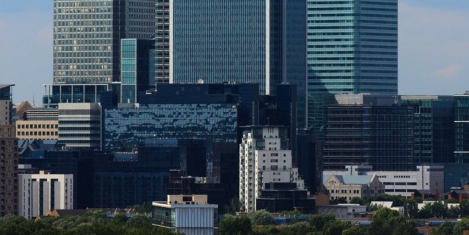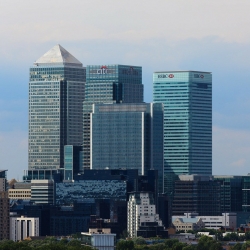September 27, 2022
Skills shortages won’t be solved by offering people more money
 As businesses across the country face rising costs, new research from the CIPD and Omni warns that using pay to attract talent simply isn’t enough to tackle on-going skills shortages. While an increasing number of organisations (54 percent) are inflating pay to retain talent, this approach is not sustainable for most employers in the face of rising costs. To tackle the skills shortage, organisations need to highlight other components of good working practices when recruiting, such as offering flexible working and promoting career development opportunities. For instance, the latest Resourcing and Talent Planning survey shows that 68 percent of employers that offer hybrid/ remote working say it has allowed their organisation to attract and retain more talent. (more…)
As businesses across the country face rising costs, new research from the CIPD and Omni warns that using pay to attract talent simply isn’t enough to tackle on-going skills shortages. While an increasing number of organisations (54 percent) are inflating pay to retain talent, this approach is not sustainable for most employers in the face of rising costs. To tackle the skills shortage, organisations need to highlight other components of good working practices when recruiting, such as offering flexible working and promoting career development opportunities. For instance, the latest Resourcing and Talent Planning survey shows that 68 percent of employers that offer hybrid/ remote working say it has allowed their organisation to attract and retain more talent. (more…)
















 The current debate about how much space we will need in the office from now on is not new. As with many of the debate’s facets, the point at which we find ourselves has long been our destination. We’re just here earlier than we might have expected.
The current debate about how much space we will need in the office from now on is not new. As with many of the debate’s facets, the point at which we find ourselves has long been our destination. We’re just here earlier than we might have expected. 






 With McKinsey & Company reporting that businesses with more diverse teams —whether that’s racially, socio economically or educationally— are 35 percent more profitable than organisations that are not, tech start-up
With McKinsey & Company reporting that businesses with more diverse teams —whether that’s racially, socio economically or educationally— are 35 percent more profitable than organisations that are not, tech start-up 










August 30, 2022
Is the growing number of working mums a cause for celebration or concern?
by Hina Belitz • Comment, Wellbeing